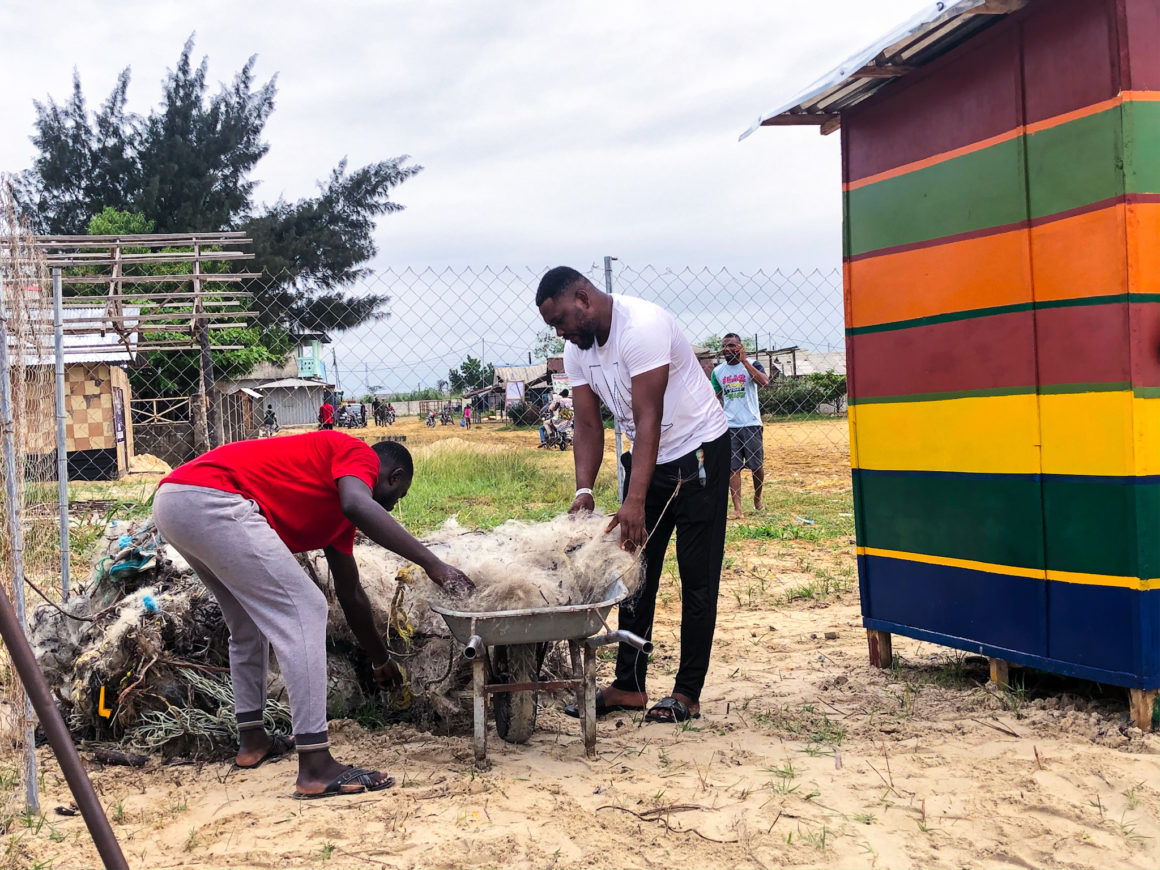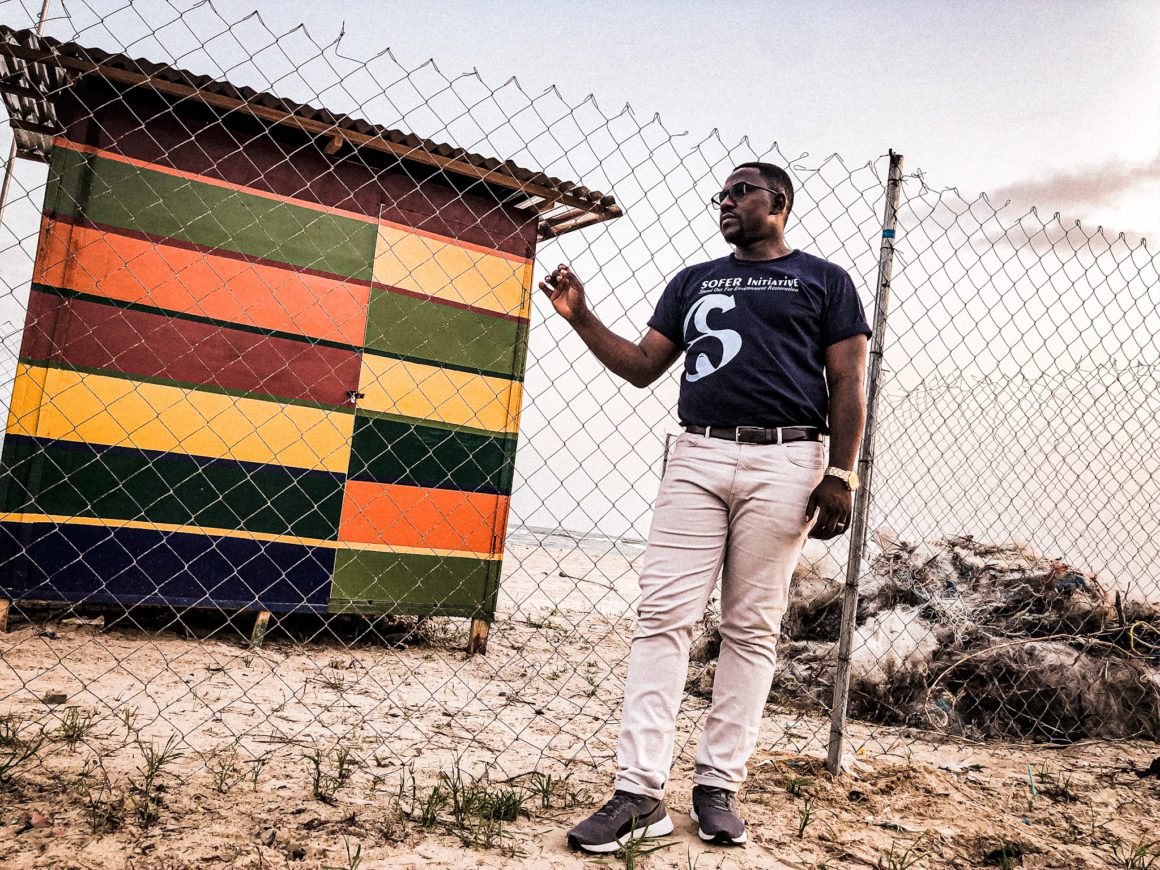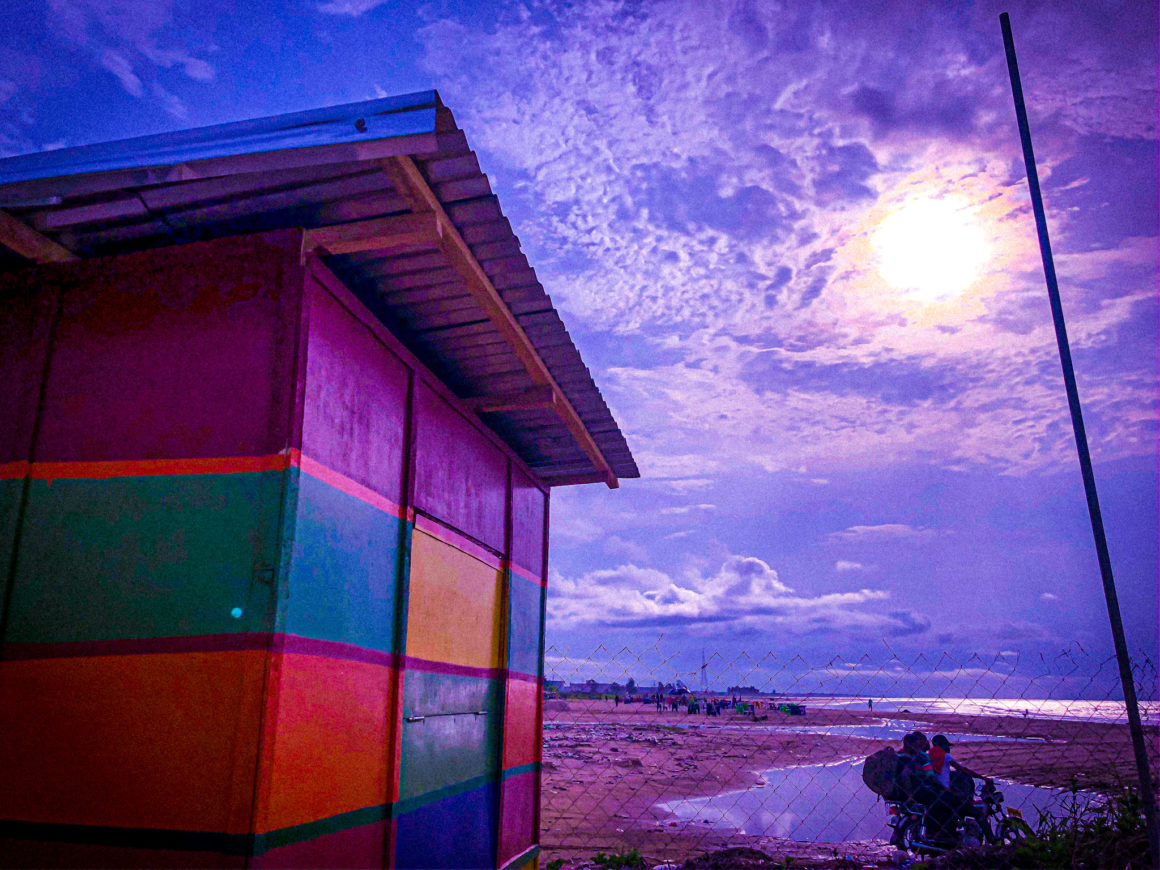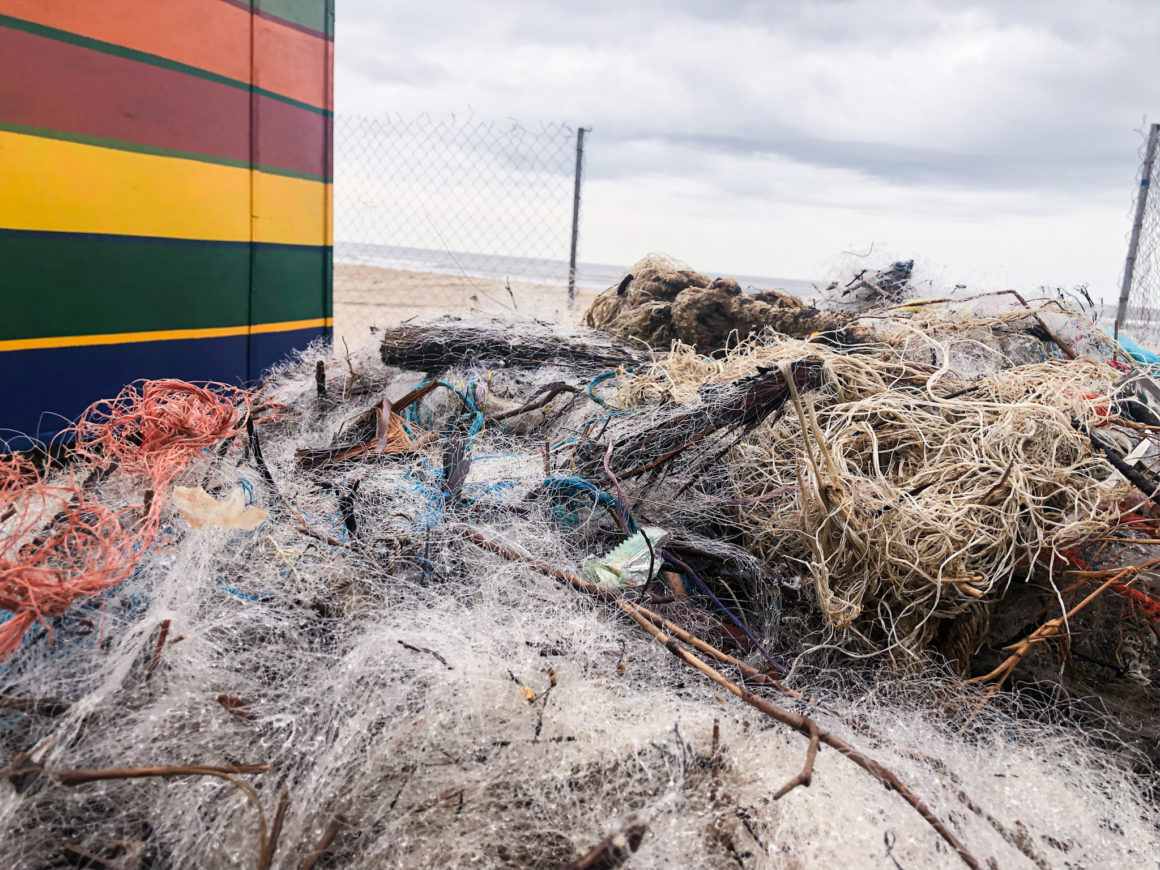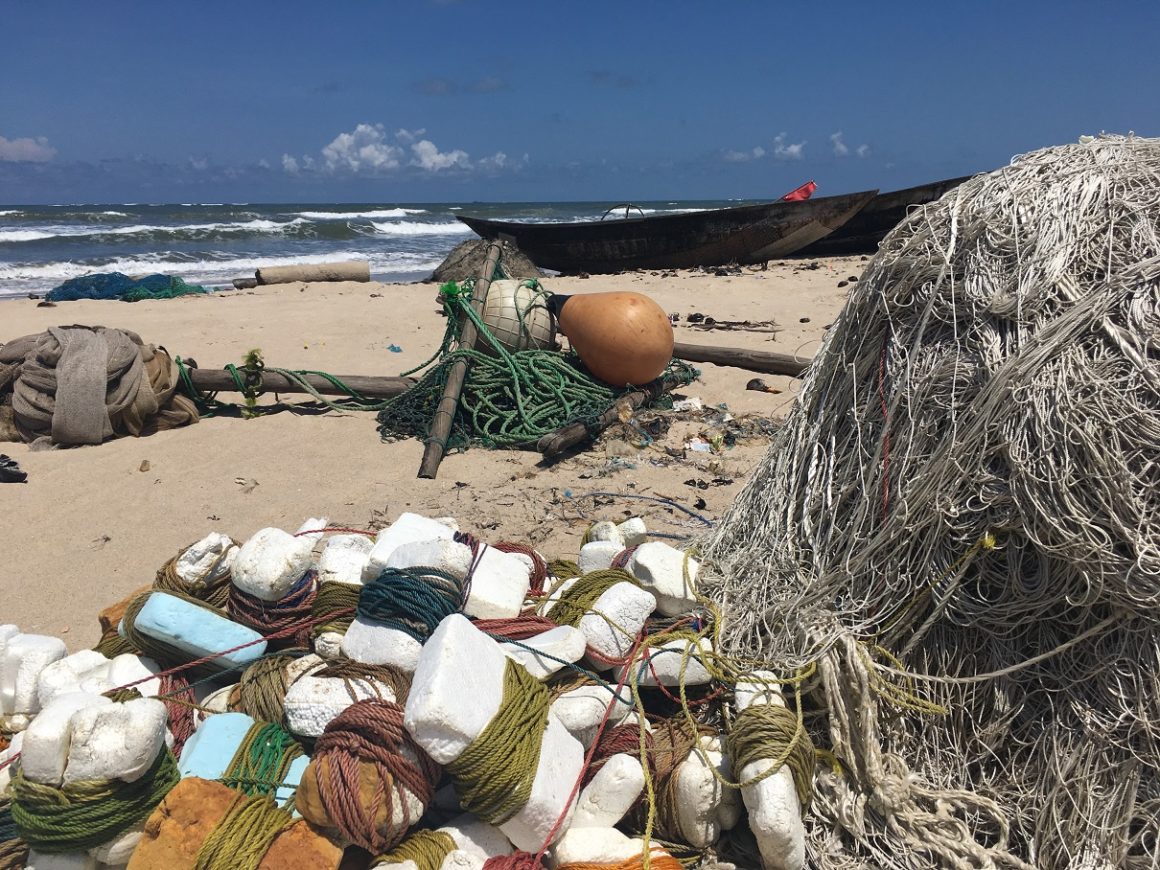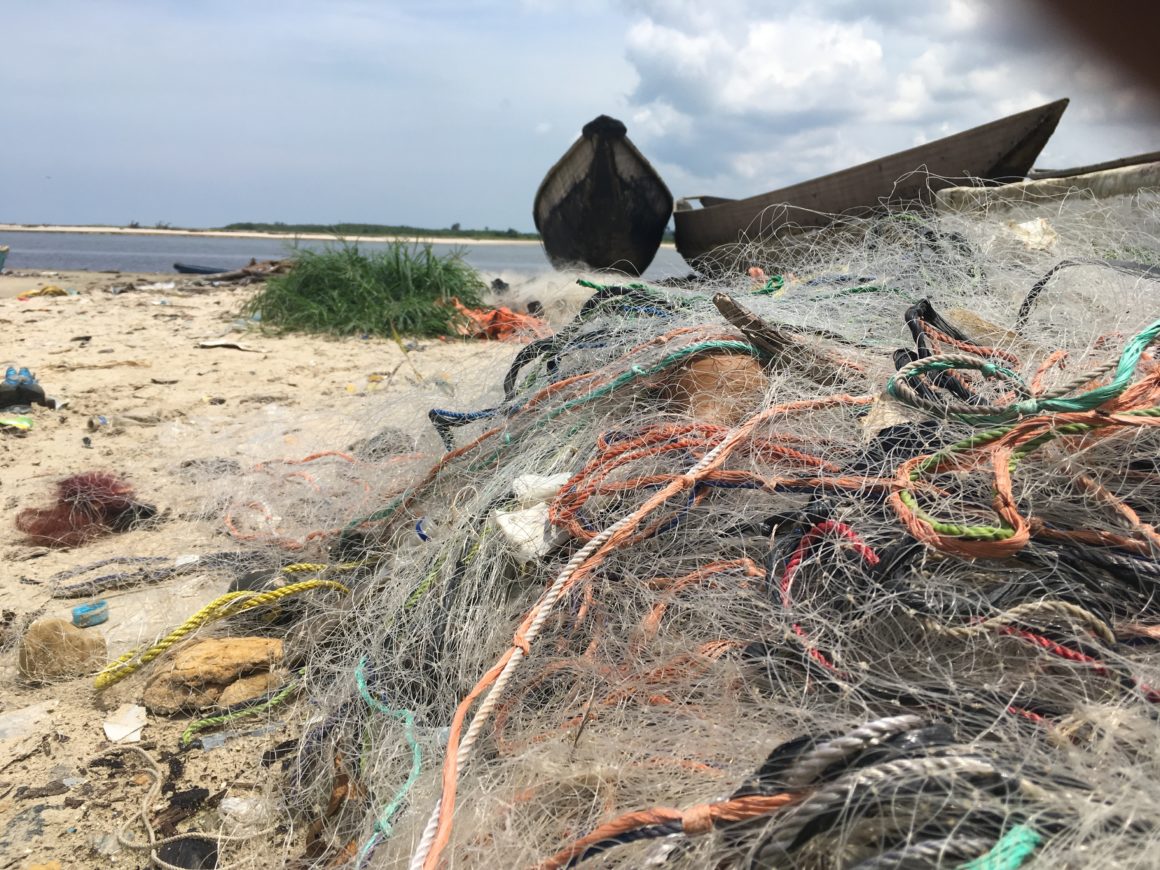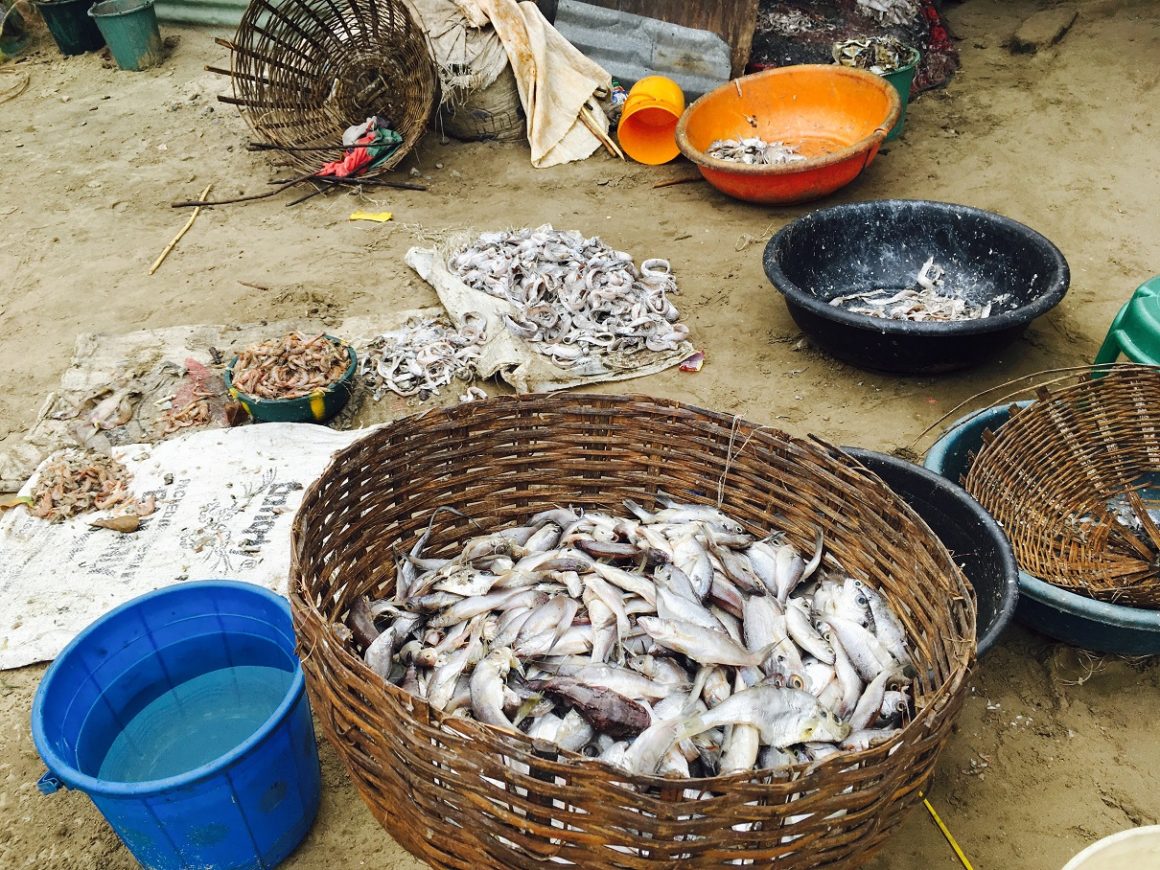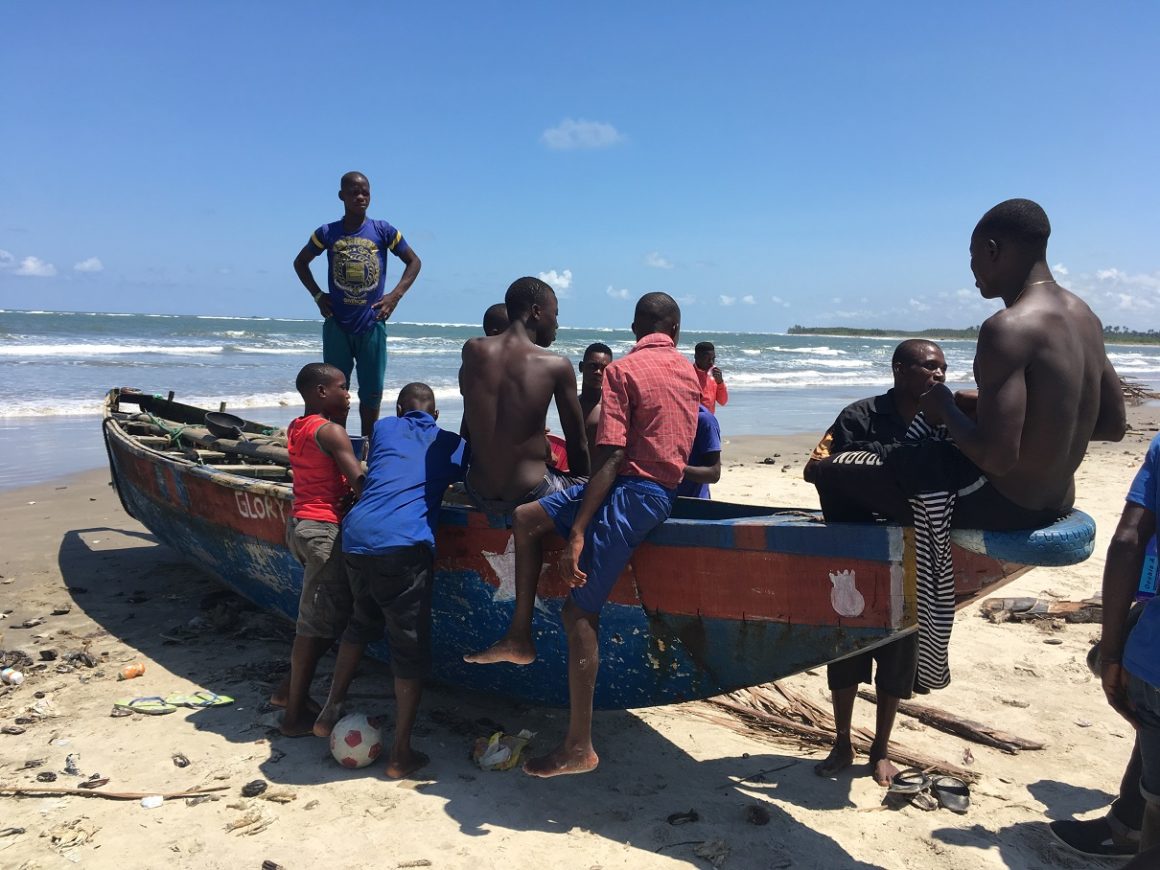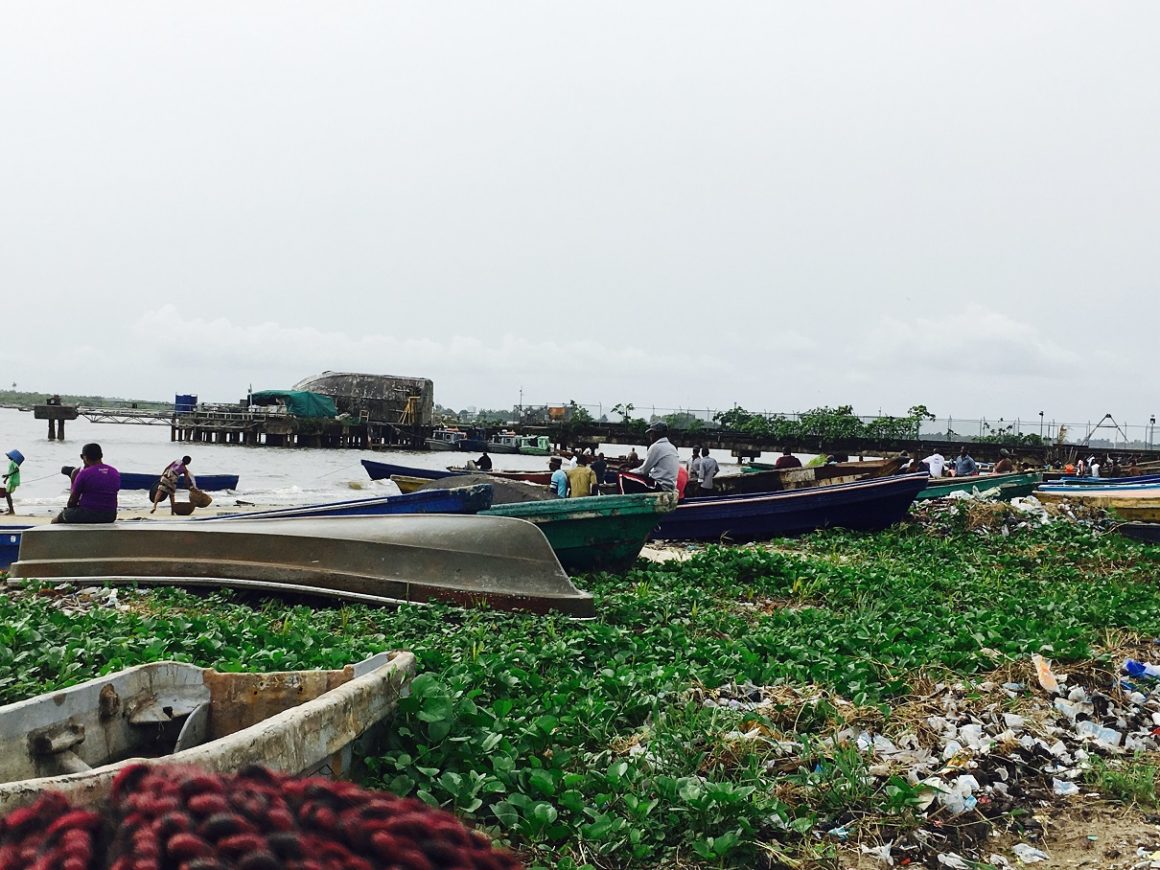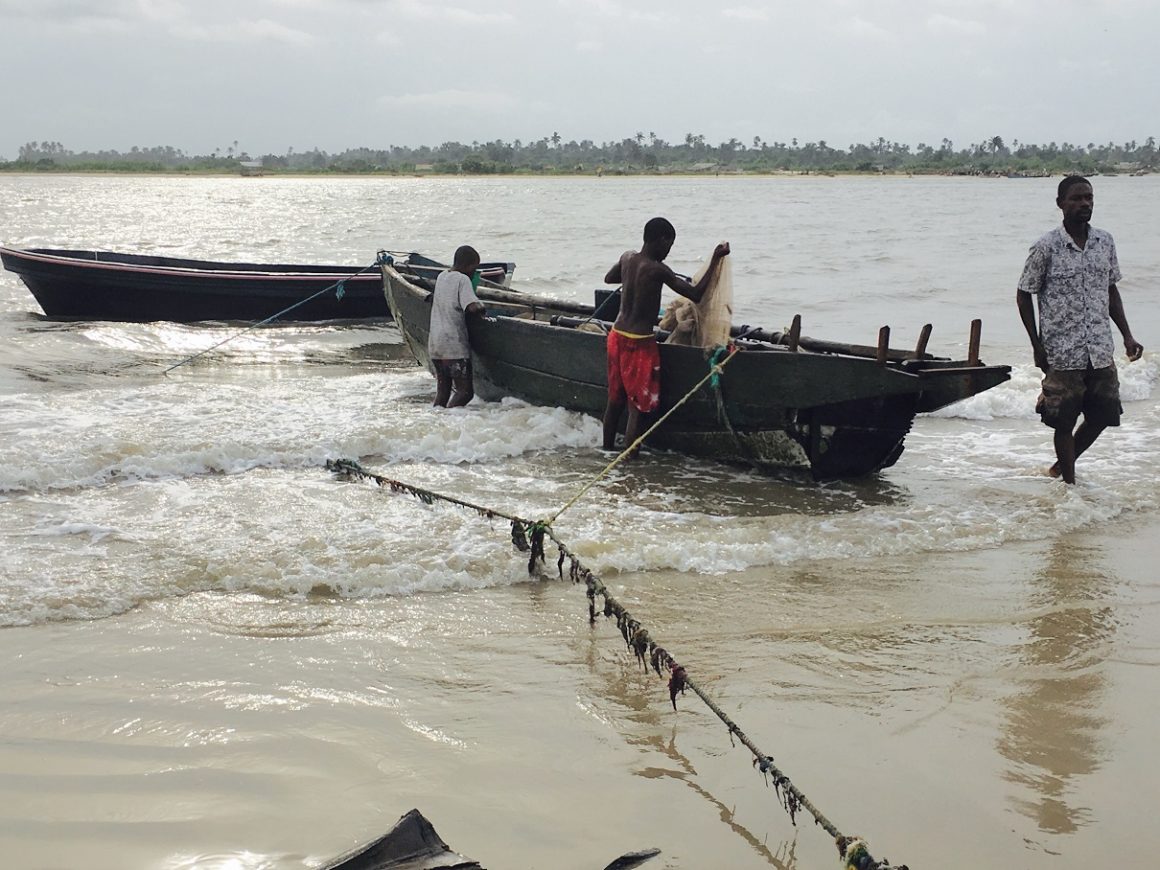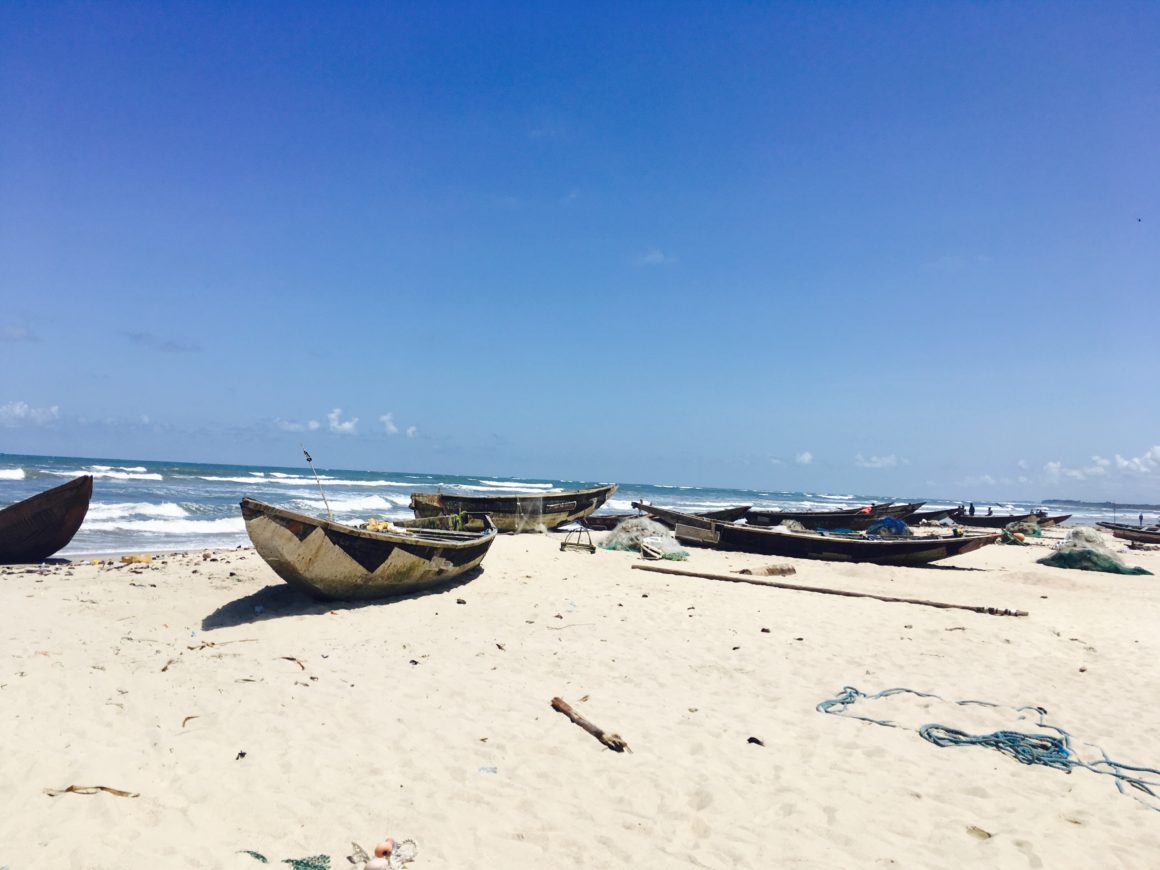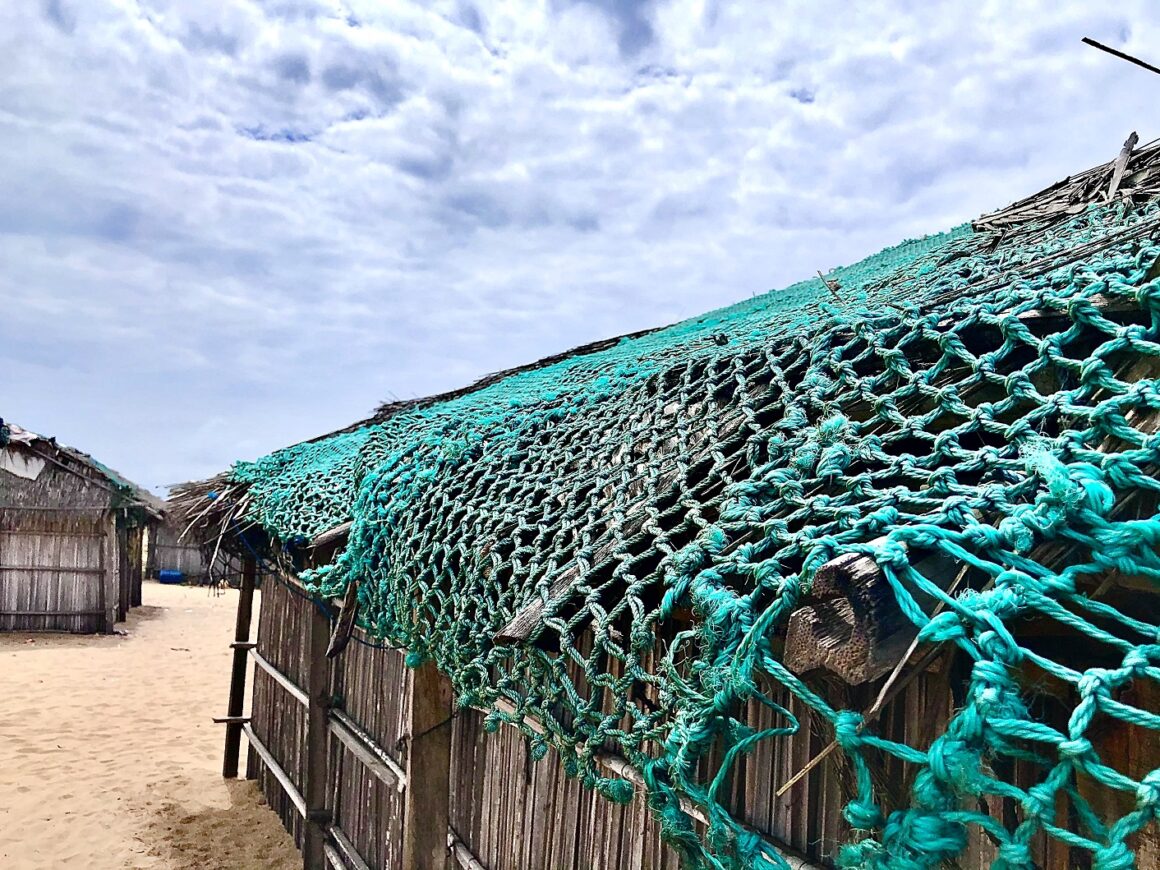Fishing Net Gains (FNG) is a 3-year project fundament designed in line with the Global Ghost Gear Initiative (GGGI) & Department of Fisheries Canada (DFO) goals of identifying and tackling the issues of ghost gear and other related threats to marine life in Nigeria and the West Coast of Africa by creating economic frontiers for coastal communities and harnessing collaboration with government and stakeholders on policy development and standard practice.
This project aims to;
- Raise awareness in the public on the impacts of Abandoned, Lost, or otherwise Discarded Fishing Gears (ALDFGs).
- Generate relevant primary data on ALDFGs in the West African coast.
- Formulate standard and recommended practices that will provide guide for ALDFG policies.
- Improve the livelihood of host communities through craft innovations using recovered ghost gears.
- Proffering solutions to tackling the problems of ALDFG.
- Create awareness on the issues of other marine debris especially ocean plastics.
- Develop and recommend standard practices for establishing the Fishing HubNets (F-HubNets)
- Promote community integration and participation in the FNG project through the F-HubNet program.
- Help fishers avoid hazardous zones during fishing activities by broadening their understanding of gear conflicts.
- Keep track of emerging new data on
- Educate fishers on needs for data management.
- Help avoid oil and gas pipeline related gear incidents.
- Proffer sustainable recycling solutions through creative craft contest and replicating solutions.
FNG is designed to function on the tripod consciousness of ‘Prevention, Mitigation, and Cure’. The following designed projects are tailored towards achieving the aforementioned objectives cutting across these functions.
Research and Development; to generate valid primary data on ALDFG, FNG project will cover the following activities;
- interaction and engaging four fishing entities (Fishers, Governments, Fisheries, Local Communities) in Nigeria, 1 each in Ghana and Cameron for the purpose of collecting data.
- Data collection will be via interviews, questionnaires, and existing history of ghost gears in communities.
- Data management will involve GGGI data base on ghost gear, GGGI gear reporter app.
- Relevant data from fishing gear manufacturers and distributors.
- FNG Seminar will engage stakeholders (Government Ministries, Departments, and Agencies, Corporate Fishing Companies, Ghost Gear Manufacturers, Divers, GGGI, DFO, etc.) identified in ALDFG marine debris chain in formulating best practices and policies that cut across ‘prevention, mitigation, and cure’ of ALDFG, resulting in improved health of marine ecosystems, protection of marine animals, and the safety of human health and livelihoods.
- FNG Workshop will bring together fishers, divers, fishing companies, community leaders and youths, sea food traders and consumers to discuss issues surrounding fishing gears and the economic benefits to the community. Deliberate on gear loss due oil and gas pipeline network in the ocean and vessel related conflicts.
- Craft Workshop: a program designed for women in the local communities with the set objectives to empower and create alternative sources of income as support for their fishermen-husbands while being productive.
- Diving Programs for Data/Recovery: FNG diving programs will help generate and improve primary data analysis on ALDFG in Nigeria and the West African coast. It will give informed directions on ghost gear recovery and prevent future entrapment of marine animals. The programs will cover 1) developing partnership with Scuba Lagos, Nigeria and PADI to recruit trained divers into the Divers Volunteer Corp Program; 2) Sponsor a volunteer to acquire diving license for coaching purposes; 3) Recruit local commercial divers into the Divers Volunteer Corp Program; and 4) Sponsor a Dive For Data (DFD) recovery program in partnership with PADI.
- Community Based Volunteered Corp: there will be community workshops and training on ALDFG for community volunteers. This is to ensure FNG project sustainability by establishing a community group that will continue with the culture after the project ends.
- The F-HubNet: this will include construction of the HubNet as a core aspect of FNG within the fishing communities. It will serve as the collection point for recovered gears, data collection centre, reporting centre and complaint centre. Subsequently, there will be quarterly data information upload on the GGGI Data Portal.

